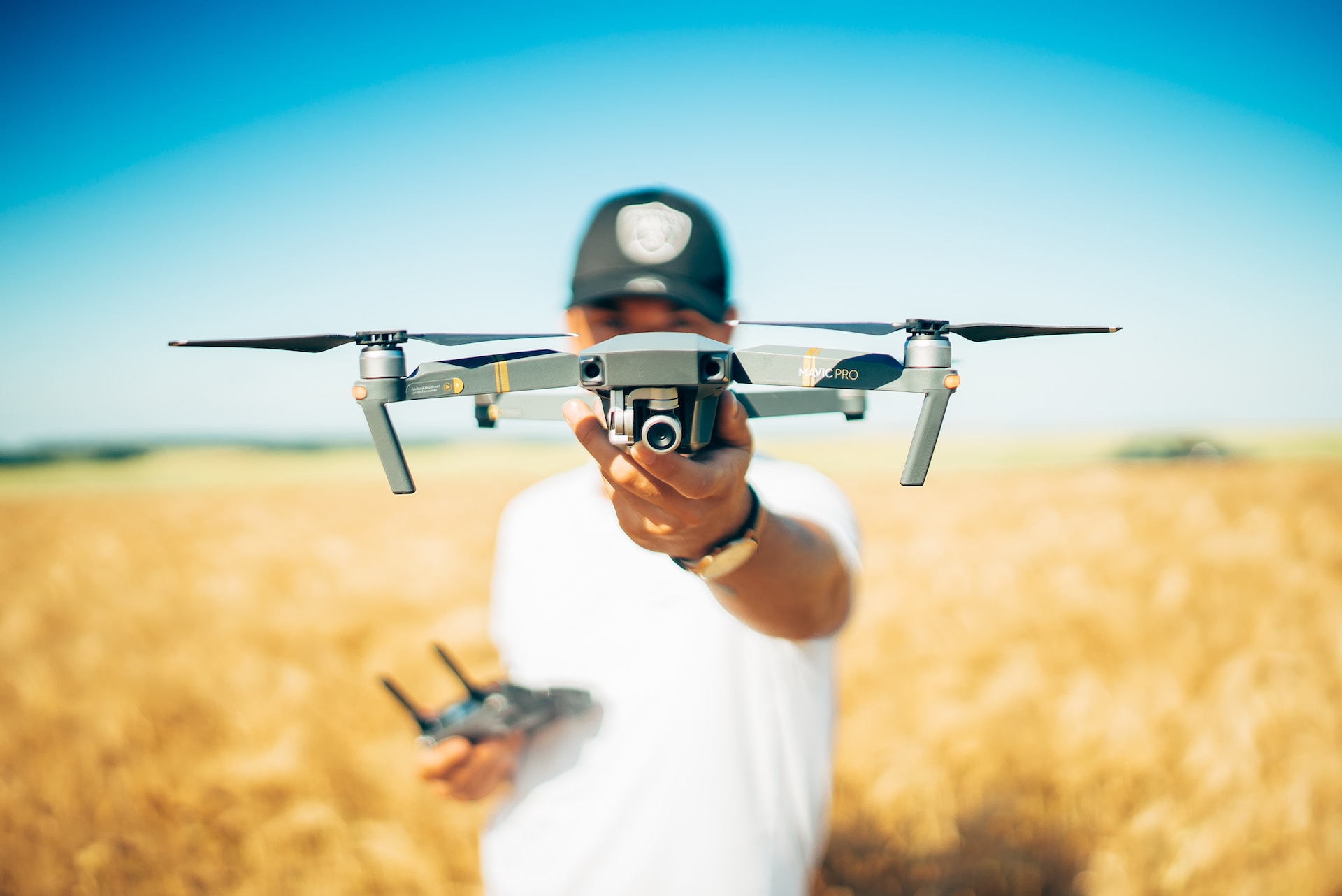Legal Considerations in Drone Photography for Real Estate Marketing
In the field of real estate marketing, drone photography has become a powerful tool for showcasing properties from unique and captivating angles. However, the allure of aerial imagery comes hand in hand with a set of legal considerations that real estate professionals must navigate. Understanding and adhering to these legalities is not just a matter of compliance but a crucial aspect of responsible and effective drone usage in the real estate industry. This article will delve into the legalities of drone photography in real estate marketing, providing insights to empower real estate professionals with the knowledge needed to navigate these complexities successfully.
Contents
Federal Regulations: Ensuring Compliance for Aerial Marketing
Federal regulations, overseen by the Federal Aviation Administration (FAA), lay the foundation for lawful drone operation in the context of real estate marketing. Obtaining a Remote Pilot Certificate is a prerequisite for commercial drone use, requiring operators to demonstrate knowledge of aeronautics. This certification ensures that those capturing stunning aerial shots of properties are well-versed in airspace safety, weather considerations, and operational best practices.
The airspace above the property isn’t a limitless canvas for drone photographers. Understanding and respecting airspace restrictions is imperative. Proximity to airports, military installations, and other no-fly zones can significantly impact the legality of capturing aerial footage. Utilizing interactive maps provided by aviation authorities allows real estate professionals to plan their drone flights thoughtfully and avoid legal complications.
Privacy Protections: Balancing Marketing and Ethical Practices
While showcasing properties from above can be a marketing boon, real estate drone operators must be vigilant about privacy concerns. Intentionally capturing private spaces or individuals without consent can lead to legal consequences. To balance effective marketing and ethical practices, it’s essential to adhere to privacy best practices, obtain consent when necessary, and avoid invasive aerial perspectives that may infringe on personal space.
Insurance for Real Estate Drone Operators: A Prudent Investment
In the unpredictable world of drone operation, accidents can happen. Real estate professionals employing drone technology should consider insurance as a safety net. Specialized drone insurance policies cover liability, equipment damage, and potential privacy-related issues. Comprehensive insurance protects the operator, instills client confidence, and contributes to a culture of responsibility within the real estate drone photography community.
In addition to federal regulations, real estate drone operators must grapple with local laws and regulations. Different states and municipalities may impose specific rules, such as altitude restrictions, flight hours, or permits for certain locations. Ensuring compliance with this mosaic of local regulations is essential for real estate professionals who want to harness the full potential of drone technology while avoiding legal pitfalls.
Conclusion
In the dynamic world of real estate marketing, drone photography stands out as a compelling and innovative tool. Yet, the legal considerations surrounding the use of drone photography are critical for ensuring compliance and ethical operation. By staying abreast of federal regulations, respecting airspace restrictions, addressing privacy concerns, securing insurance, and navigating local laws, real estate professionals can effectively manage the legalities of drone photography. In doing so, they enhance their marketing efforts and contribute to the positive and sustainable growth of drone use in the real estate industry.

